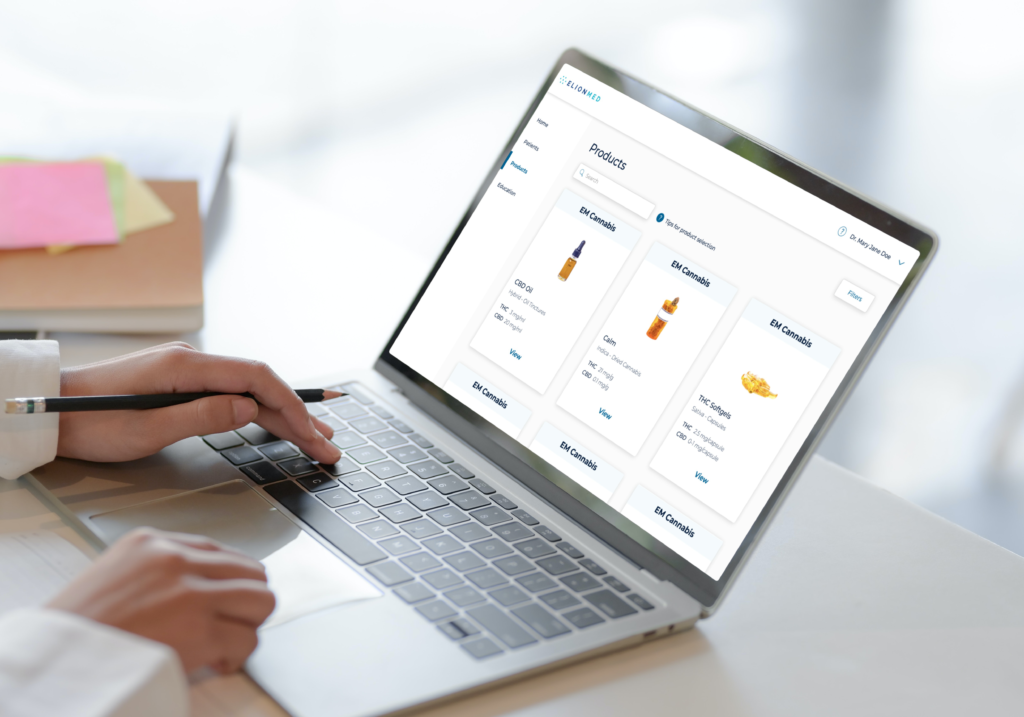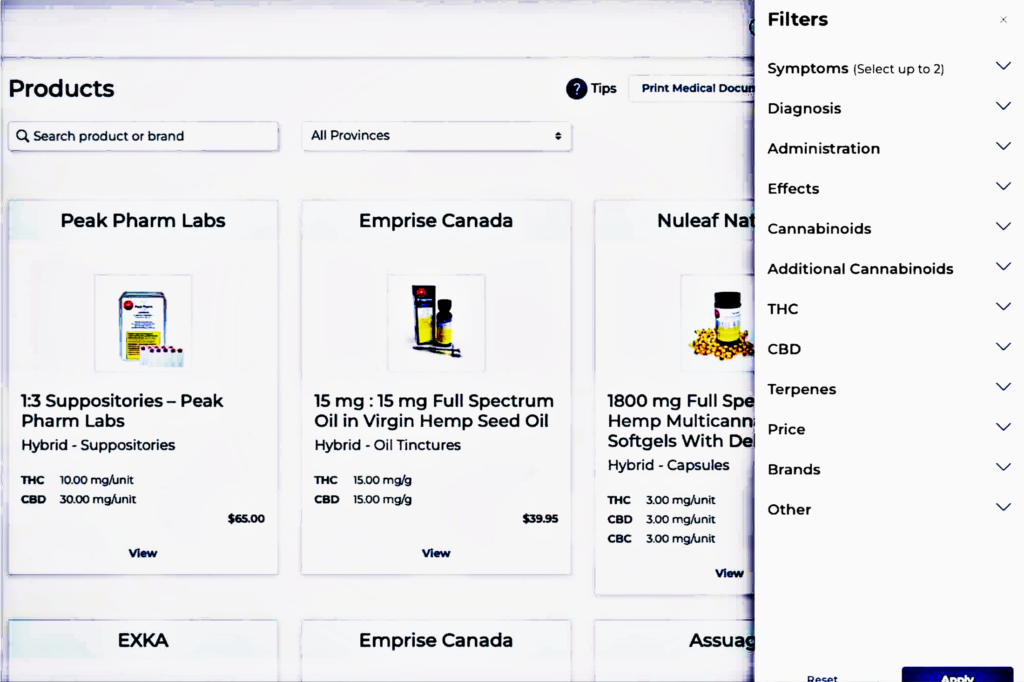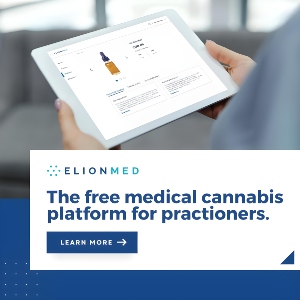There’s a very real tension in our use of the term “medical cannabis” to refer both to cannabis prescribed by a medical doctor, and to cannabis that one consumes to self-medicate for diagnosed and un-diagnosed conditions. This tension has also made it harder for the medical establishment to take cannabis seriously as a form of medication, when anyone can become a self-proclaimed “expert in medical cannabis” and offer dosing recommendations without a medical degree.
These two senses of the term “medical cannabis” also stand in a somewhat hostile relationship: if I self-medicate for my PTSD by consuming cannabis that I buy at my favorite dispensary, why would I go through the hassle of getting a prescription, especially when it entails having an extremely uncomfortable conversation with a doctor who becomes suspicious of me as soon as I broach the topic? Given the historical sexism and racism of the Western medical establishment, why should I care about whether doctors prescribe cannabis if it is readily accessible to me?
These questions occurred to me the first time I heard about ElionMED last summer, about six months after the company⏤co-founded by Karina Bershteyn and Patricia Banach⏤launched a platform that can facilitate informed conversations about cannabionoid therapy with your health care practitioner, as well as assist doctors in prescribing cannabis to a patient during an appointment, in real time.
Although there are alot of educational sites to learn more about cannabis, ElionMED takes the effort out of research and provides recommendations for specific strains based on an individual’s symptoms (or other criteria) and information about possible counter-indications by assessing them in relation to its database of peer-reviewed research. This database was compiled by a group of medical advisors⏤all women⏤who also update the database with the latest research, which modifies the recommendations that are made.
Even more, the recommendations are made in relation to local cannabis products, with information about where they can be purchased. So ElionMED also provides a way for licensed producers to introduce their products to health care practitioners, and functions as an all-in-one resource to understand, manage and talk about medical cannabis with health care practitioners.
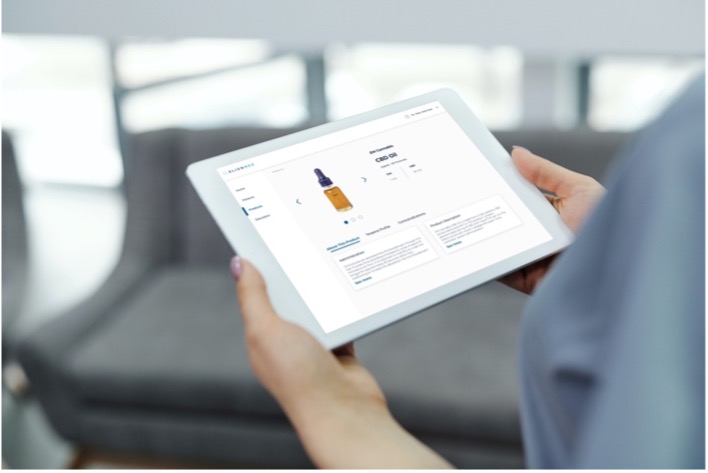
When ElionMED first launched in Canada in early 2023, Banach and Bershteyn made the platform available to health care practicioners, hospitals and clinics for free. So I wasn’t surprised when I found out that Bershteyn is a member of the tribe⏤an overachieving Jewish woman devoted to increasing access to medical cannabis (Baruch Hashem!).
When Banach and Bershteyn met in 2019, they were both working in cannabis tech and shared a passion for the medical cannabis industry. Their story and the promise of ElionMED to normalize the use of medical cannabis by creating a different model for the patient-doctor interface (better suited to cannabinoid therapy) is a stunning example of how women founders are quietly revolutionizing the medical establishment to carve a path for the future of medical cannabis.
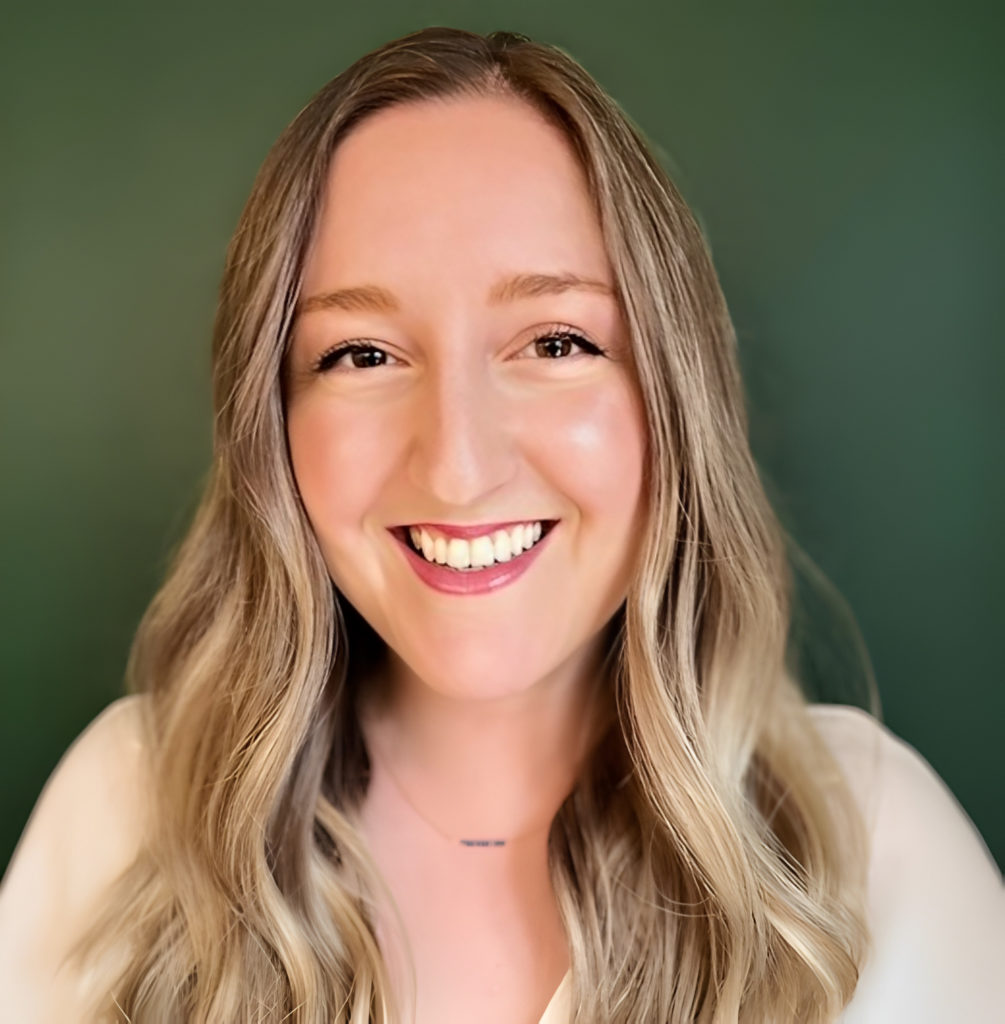
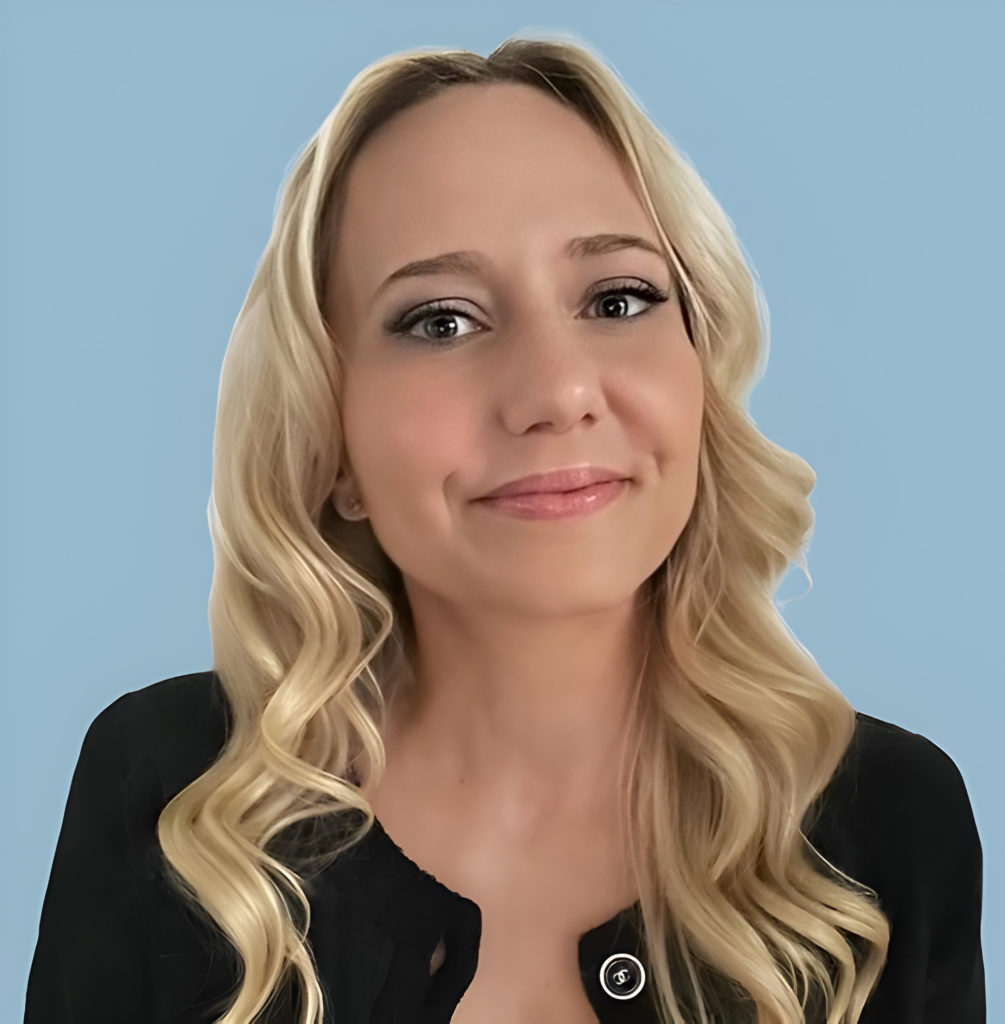
In December of 2023, the company made the platform available to Canadian residents to use as well⏤at no cost. Canadian residents can sign up to access it through their website. I recently had an oppotunity to explore it myself as a life-long, daily cannabis user who self-medicates for PTSD.
As I navigated the accessible, intuitive platform, choosing different filters to compare the recommendations that were made, I started to get a better sense of why it’s so important to get a medical prescription for cannabis rather than rest content with self-medicating.
When we self-medicate to cope with pain it’s easy to forget that we are treating pathological symptoms that no one should have to live with. Instead, we tend to regard these symptoms of depression, anxiety, or trauma as inevitable or as a reflection of our personality, and regard cannabis as something akin to coffee: a life-long habit that allows us to cope with the toxic conditions of late-stage capitalism.
The platform provided by ElionMED is a nice reminder that medical cannabis is prescribed in order to reduce or eliminate symptoms of serious health care problems. So one reason to get a prescription for medical cannabis is to take your own mental health issues seriously as symptoms to be treated with cannabinoid therapy, which will need to be adjusted as your symptoms improve or worsen. When we decide to exclude mental health professionals from decisions regarding our use of cannabis, then our self-medication all too easily slides into a form of avoidance that doesn’t actually improve our health or wellbeing.
ElionMED will also be adding a component to the patient portal that allows patients to record and track the effects of their cannabinoid therapy, while their feedback also provides essential data with which to assess and review the research and existing guidelines for dosing. In this way, ElionMED provides a bridge from the individual consumer to health care practitioners such that patients can take an active role in assessing and managing their symptoms, as well as educating their doctors about the subjective effects of cannabis and the need for individualized protocols.
This suggests another reason why it’s important to take medical cannabis seriously as a medicine that requires a prescription; the difference between an “advocate” and a “capitalist” is that the former promotes structural changes that empower everyone whereas the latter is only concerned with their own wellbeing. If we care about normalizing the use of cannabis and fully integrating it into the health care system, then we cannot simply sideline the medical establishment and listen to a few self-designated experts.
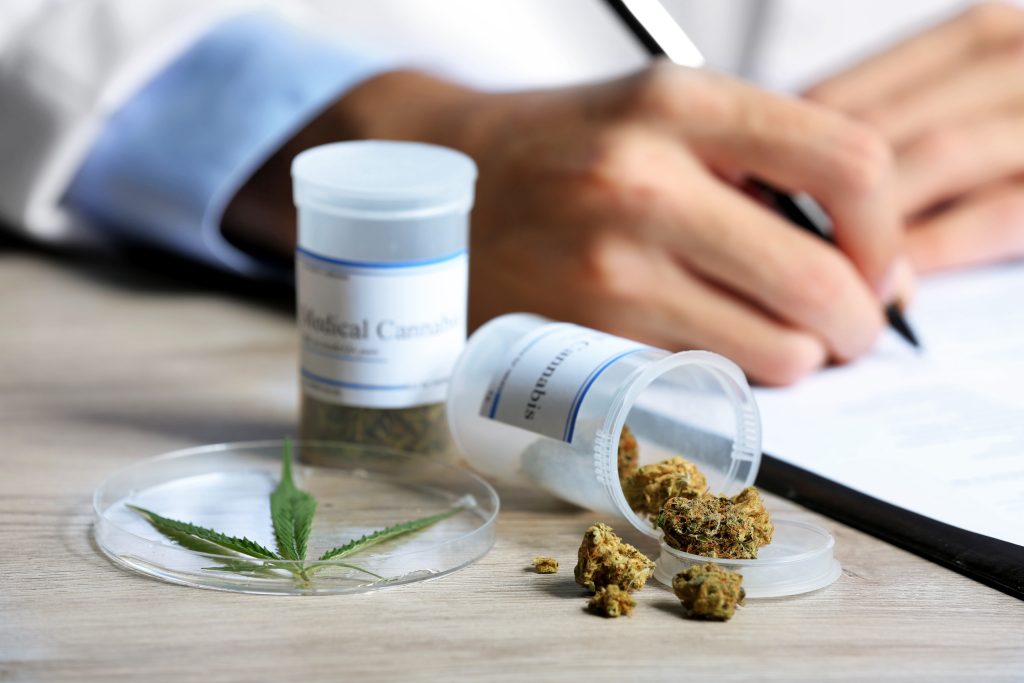
ElionMED is the first tech I’ve seen that delivers the future of medical cannabis by taking the burden off of patients to defend their interest in it, and providing a tool to health care practitioners to navigate conversations about cannabinoid therapy and write prescriptions with confidence. I can’t wait to confess to my (rather distant) doctor that I’ve been self-medicating my entire life, and recommend that we both use ElionMED to create a protocol for cannabinoid therapy that takes seriously the possibility of reducing rather than merely coping with the symptoms of a disorder that are both disabling and debilitating.
I am grateful to the founders and medical advisors on the board of ElionMED for giving this middle-aged, cranky Ashkenazi woman new hope for a better day for all of us who love and respect the herb as the medicine that makes our lives possible.
Karina Bershteyn, Co-Founder, ElionMED
Karina is a seasoned product manager and UX designer, specializing in innovation for cannabis tech startups. Her leadership skills have been instrumental in guiding her teams to create solutions that solve complex problems in the cannabis industry. She is a medical cannabis patient and has felt the struggles of the patient experience first-hand.
Patricia Banach, Co-Founder, ElionMED
Patricia has been in sales for over 20 years and has held C-suite executive and leadership positions for cannabis tech companies. She has led growth strategies that resulted in rapid entry and expansion into global markets and supported global medical cannabis producers with decisions surrounding compliance in the workplace.



